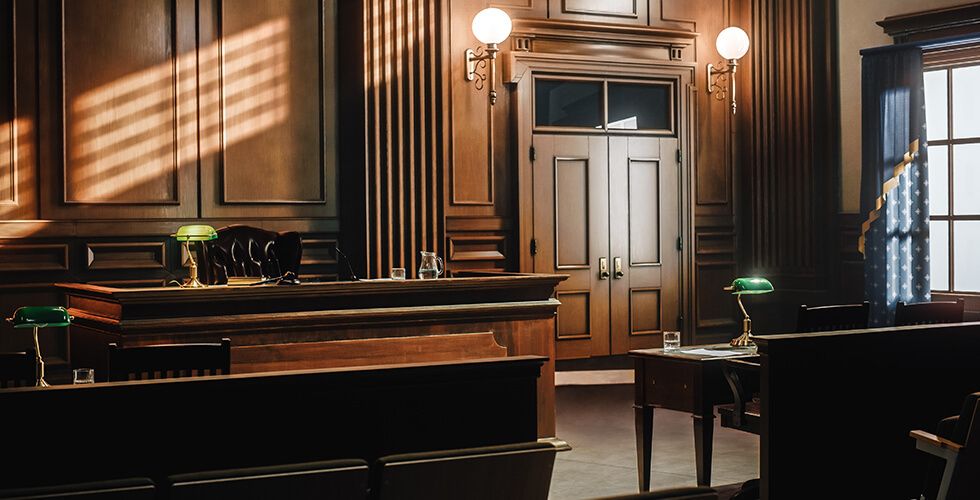
Victims of Jeffrey Epstein and Ghislaine Maxwell are raising serious concerns about the Justice Department’s effort to unseal grand jury testimony in their cases, accusing the government of prioritizing powerful interests over survivors’ rights.
In letters submitted to the federal judges overseeing the case, several survivors and their attorneys have expressed alarm at the DOJ’s handling of the Epstein investigation, especially its recent cooperation with Maxwell, who is serving a 20-year sentence for sex trafficking. Many victims believe the administration’s actions are not only “cowardly” but could be part of a broader cover-up, with the government’s actions further marginalizing the very people it is supposed to protect.
The DOJ’s request to unseal the grand jury materials has sparked outrage, particularly because the department plans to redact not only victim identities but also the names of third parties linked to Epstein’s network. Victims argue that this could be an effort to shield influential individuals from further scrutiny.
One of the most concerning aspects is the DOJ’s failure to consult with victims or their legal teams before moving forward with the request—echoing past mistakes, like the 2007 non-prosecution agreement that left survivors unaware of key decisions. For many victims, unsealing these materials is critical, but it must not come at the cost of their privacy, safety, and dignity.
Survivors are also furious over Maxwell’s improved prison conditions, fearing it could be a precursor to clemency or a pardon. With so many unanswered questions, victims are calling for full transparency, demanding that the court put their rights and protection at the forefront of any decisions regarding the release of sensitive materials.

